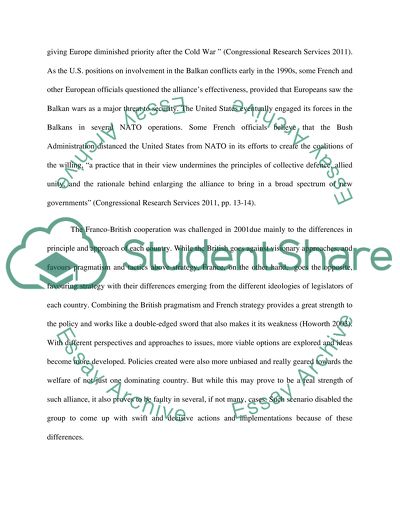Cite this document
(“Franco-British Cooperation: Its role in shaping NATO Essay”, n.d.)
Retrieved from https://studentshare.org/history/1396354-franco-british-cooperation-its-role-in-shaping-nato
Retrieved from https://studentshare.org/history/1396354-franco-british-cooperation-its-role-in-shaping-nato
(Franco-British Cooperation: Its Role in Shaping NATO Essay)
https://studentshare.org/history/1396354-franco-british-cooperation-its-role-in-shaping-nato.
https://studentshare.org/history/1396354-franco-british-cooperation-its-role-in-shaping-nato.
“Franco-British Cooperation: Its Role in Shaping NATO Essay”, n.d. https://studentshare.org/history/1396354-franco-british-cooperation-its-role-in-shaping-nato.


